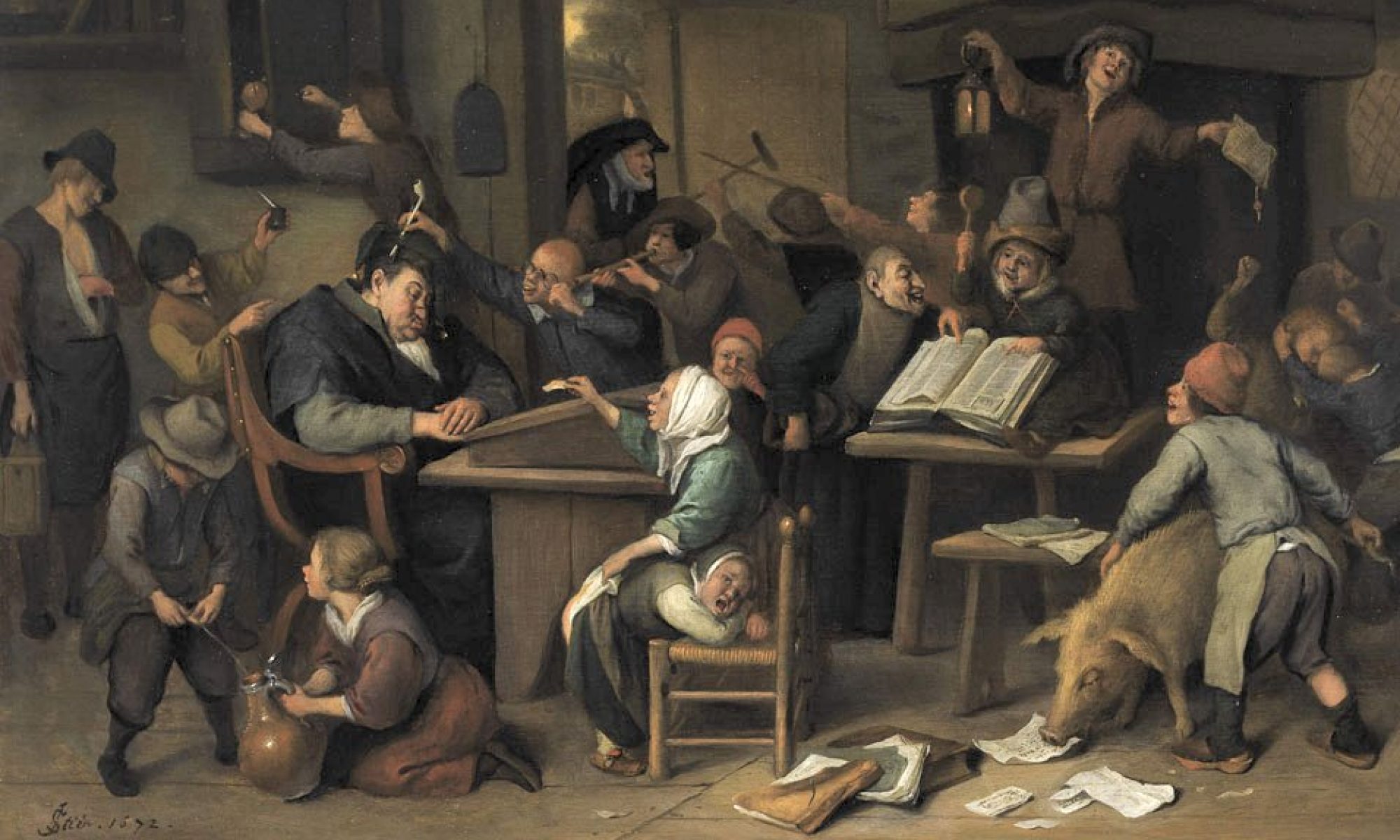How Families Pass Indigenous Languages – Sit in on any Indigenous-language class across Canada, and you’ll hear many, I’d argue almost all, adult students say they are picking up their language in order to teach their children or future children.

Making sure the generations to come have what we did not seems to be one of the most urgent motivations for learning our languages. As adults, we can almost handle that we, ourselves, are not speakers. But when we think about the pain and loss that has caused in our life, we know we would never want the same thing for our little ones.
When I applied for my first Mohawk-language course, in 2017, I stated similar reasons for wanting to learn: “My mother and grandmother didn’t grow up with the language or teachings,” I wrote. “I would like to break that cycle within my family and spread that knowledge, as much as I can, to my nieces and nephews and my own children, eventually.” Although I’ve never really wanted children, I have thought that maybe I would change my mind — if only so that I could be in a position to give a child what I didn’t have growing up.
At some point, I came to peace with the fact that I would not be passing my language on to my own children, but I hope that my role as an auntie will allow me to share what I know about our culture and our language with my nieces and nephews as they grow. My sisters, each with two children under five, don’t have the time to learn a new language while juggling work, kids, and a global pandemic, so I feel that it is a part of my duty (besides being the cool aunt) to pass along what I can.
I have always loved that, in my language, Kanyen’kéha, there is no word for “aunt.” When referring to “my mother,” I say “ake’nihstéha.” When I speak to her, I call her “istah.” In our language, we also call our aunties “istah.” There is no differentiation between “mom” and “auntie,” but, in contrast, there are different words for “uncle” and “father.” To me, that speaks to the ways that we value the older women in our lives and the role that those women (blood relation or not) play in our growing and learning — in the influencing of who we will become.
Learn more about this topic by reading on TVO.
After reading “How Families Pass Indigenous Languages” you can check important issues for ESL teachers on the section PDFs, and visit my YouTube channel.
